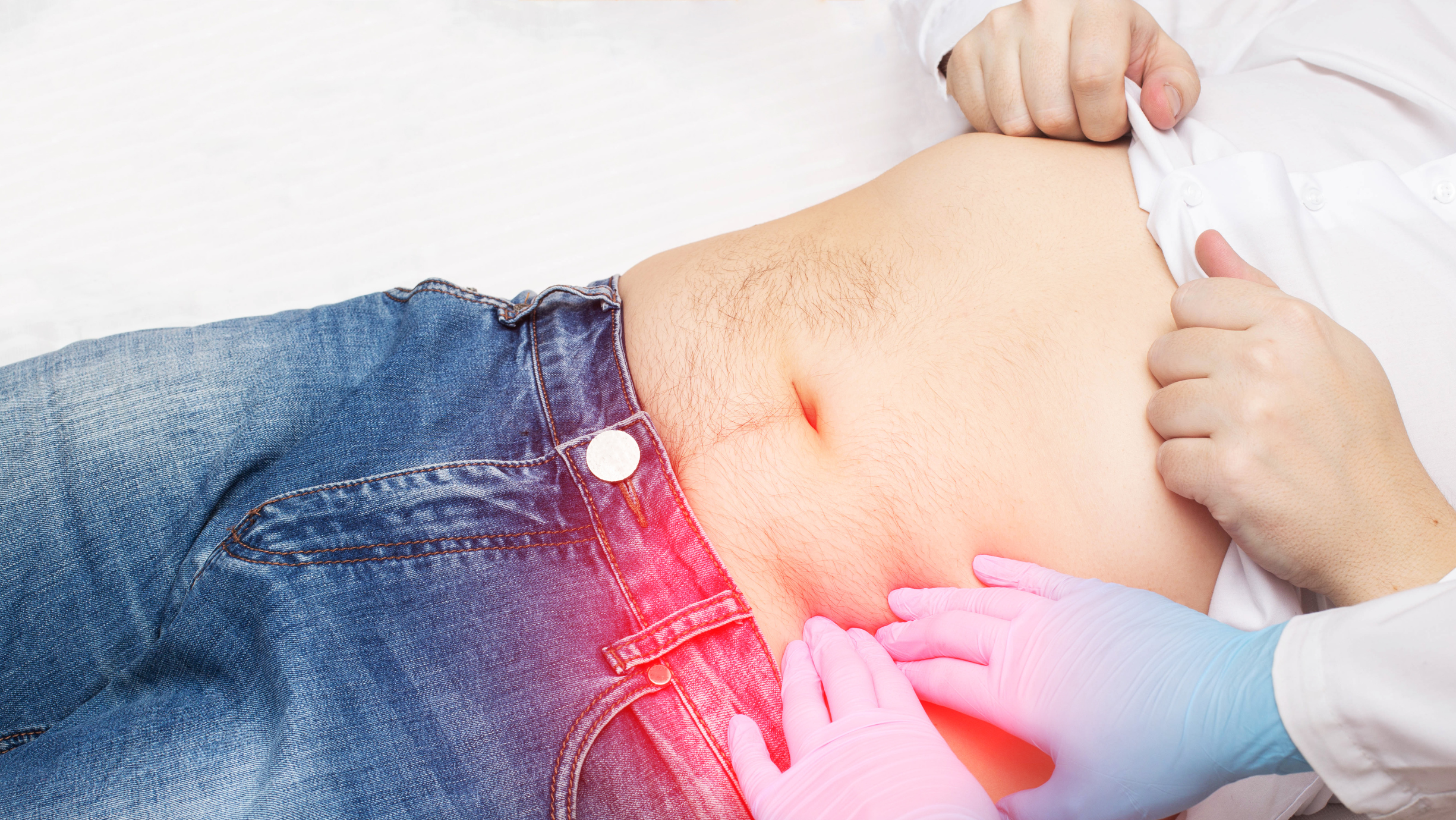Diverticulosis refers to a condition in which small pouches protrude from the outer lining of the colon, creating bulges in the intestine. While these pouches, known as diverticula, can appear in any part of the intestines, they are commonly found on the left side, specifically the descending and sigmoid colon. Generally considered a harmless condition, diverticulosis typically does not cause discomfort. Both diverticulosis and diverticulitis belong to the broader category of diverticular disease. Diverticulitis occurs when these small pouches become infected or inflamed. It’s important to note that diverticulosis precedes diverticulitis; one must have diverticulosis before developing diverticulitis.
To prevent diverticulitis, it is advisable to undergo regular monitoring by a gastrointestinal (GI) specialist. For assistance in finding a GI specialist, you can refer to The Gut Clinic UK.
The exact causes of diverticulosis are still uncertain among medical professionals. However, it is generally believed that these pouches form when abnormal pressure is exerted on the outer wall of the colon, often due to muscle spasms or straining during bowel movements. Additionally, there appears to be a significant correlation between family history and the development of diverticulosis, suggesting a genetic predisposition. Age is considered a primary risk factor for this condition, which can affect both men and women.
The likelihood of developing diverticulosis increases progressively after the age of 40, with approximately every decade presenting a higher risk. It is estimated that around half of individuals between the ages of 60 and 80 have diverticulosis, and the majority of those over 80 are affected by it.
Generally, there are no symptoms of diverticulosis. If someone were to show symptoms of diverticulosis, those might include:
– Abdominal pain and cramping
– Diarrhea
– Bloating
– Constipation
If you experience any troubling symptoms related to your GI tract like those above, contact any of our specialists at a location near you.
The primary objective of treating diverticulosis is to prevent the pouches or pockets from becoming infected or inflamed. Several potential treatment options include:
– High-fiber diet
– Probiotics
– Fiber supplements
To reduce the risk of developing diverticulosis, the following preventive measures can be considered:
– Weight loss for individuals who are overweight
– Avoidance of red meat and high-fat foods
– Quitting smoking or refraining from starting
– Steering clear of anti-inflammatory drugs like ibuprofen
Please note that these are general recommendations, and it is important to consult a healthcare professional for personalised advice and guidance regarding diverticulosis treatment and prevention.
FIND A SPECIALIST
Find a specialist for your gut problem.
The Gut Clinic UK is a one of largest physician-led platform renowned for its exceptional Gut specialists in the United Kingdom. We take pride in our rigorous selection process for specialists, ensuring that only the most qualified and experienced professionals join our platform.
Our specialists actively engage with patients, providing them with clear explanations, answering their questions, and involving them in the decision-making process.

